6 GPTs for Religious Learning Powered by AI for Free of 2026
AI GPTs tailored for Religious Learning are advanced computational models designed to handle tasks and discussions related to religious studies. Leveraging the capabilities of Generative Pre-trained Transformers (GPTs), these tools offer customized solutions for exploring, understanding, and teaching religious content. They serve as digital assistants, providing insights, interpretations, and answers to various religious queries, thus making them highly relevant for educational and research purposes in the domain of religious studies.
Top 6 GPTs for Religious Learning are: Applifted,The Bible Quiz by Veedence,BibleQuizGPT,Mohammad Irshad Saifi,Bible Trivia,Tamil Religious Study Guide
Applifted
Empowering Your Spiritual Journey with AI
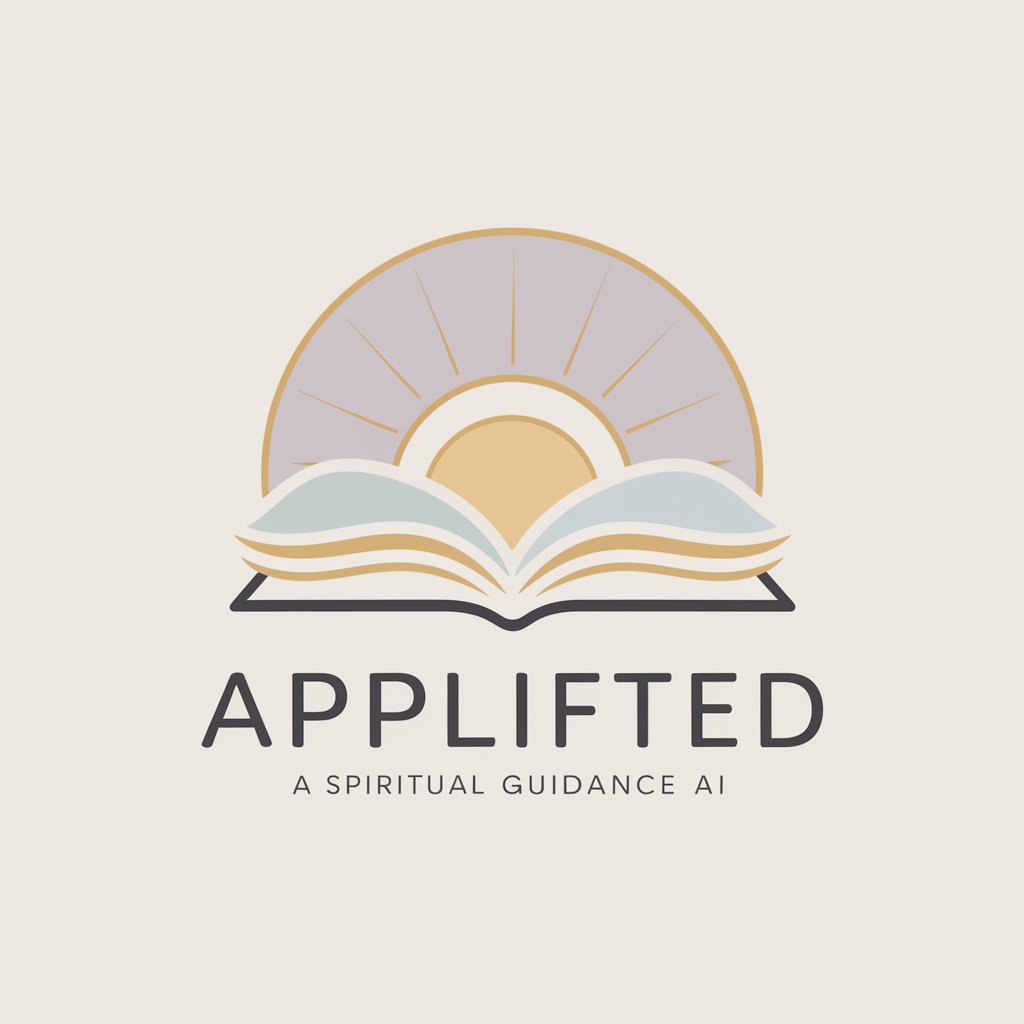
The Bible Quiz by Veedence
Empowering Your Faith Journey with AI

BibleQuizGPT
Engaging Bible learning, powered by AI
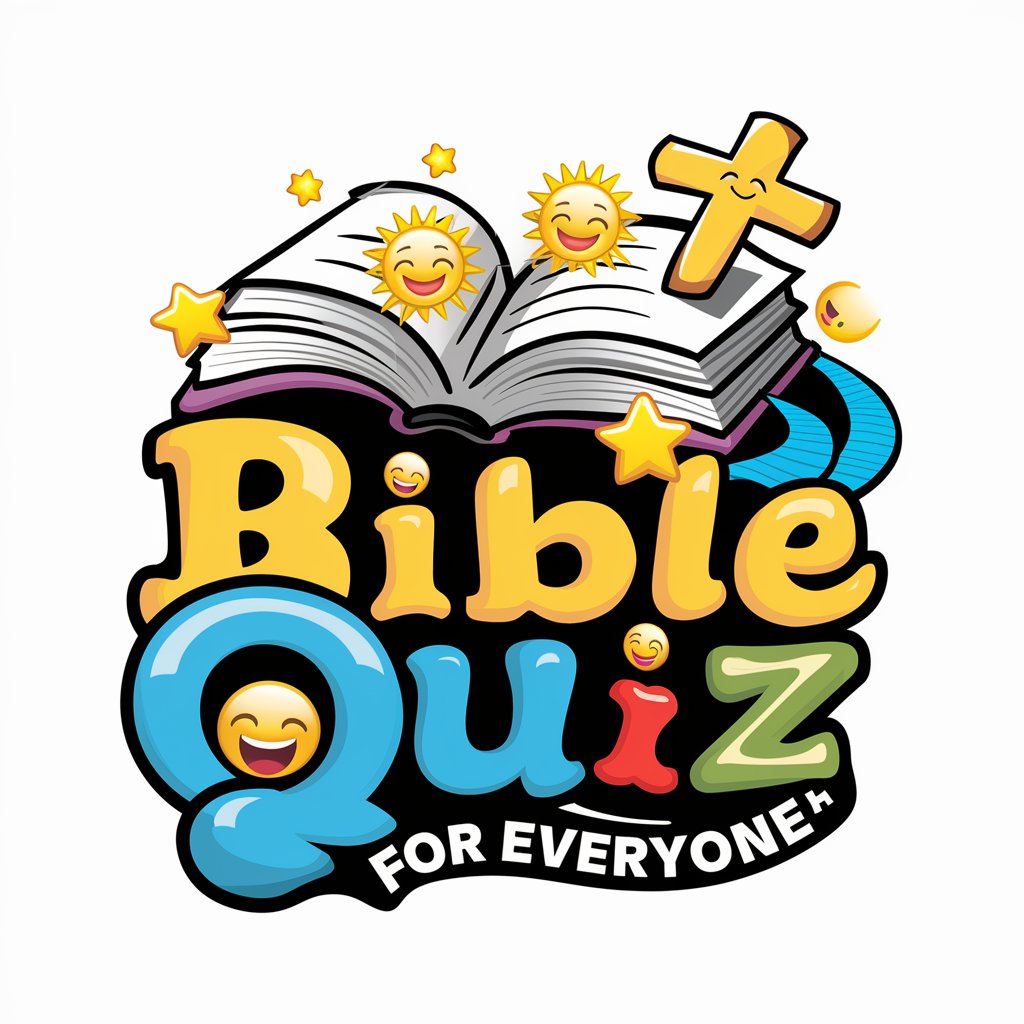
Mohammad Irshad Saifi
Unravel the wisdom of Sahih Bukhari
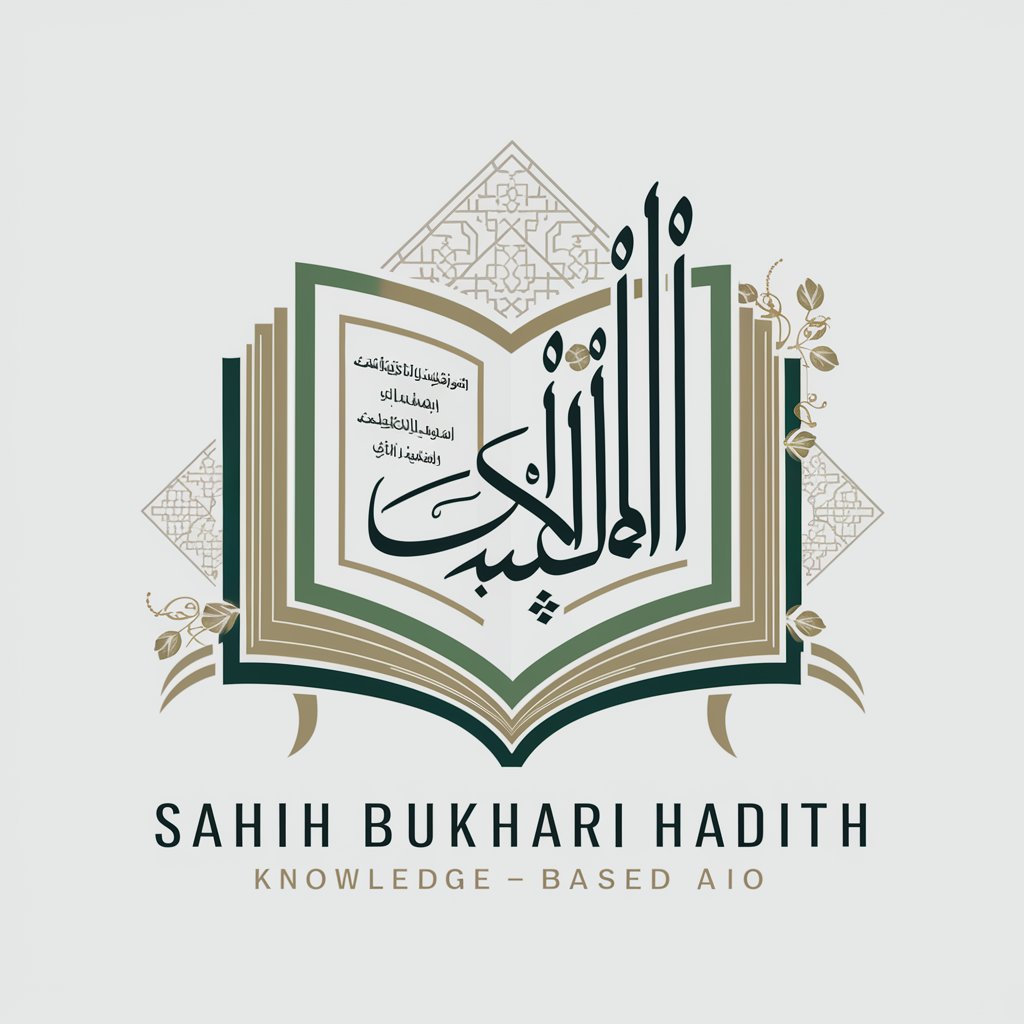
Bible Trivia
Engage, Learn, and Grow in Faith
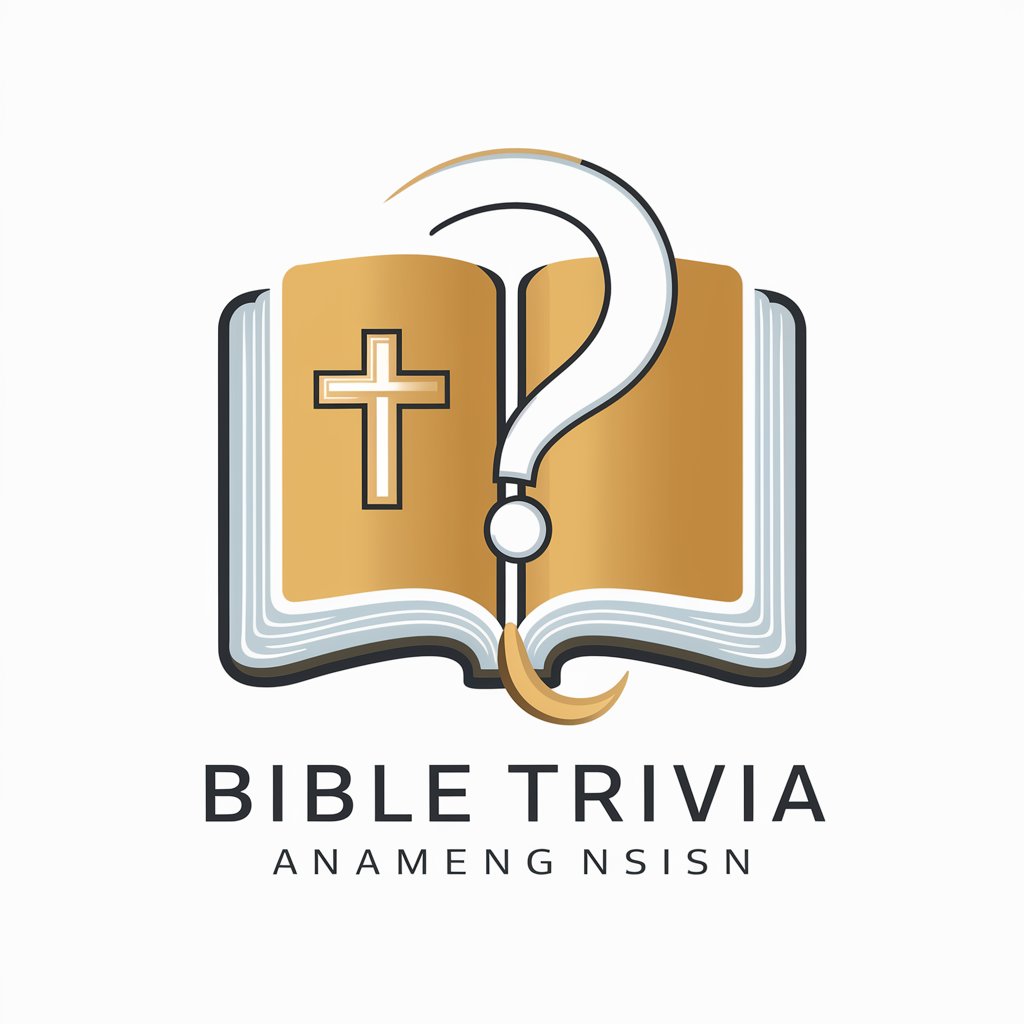
Tamil Religious Study Guide
Explore Tamil spirituality, AI-driven learning
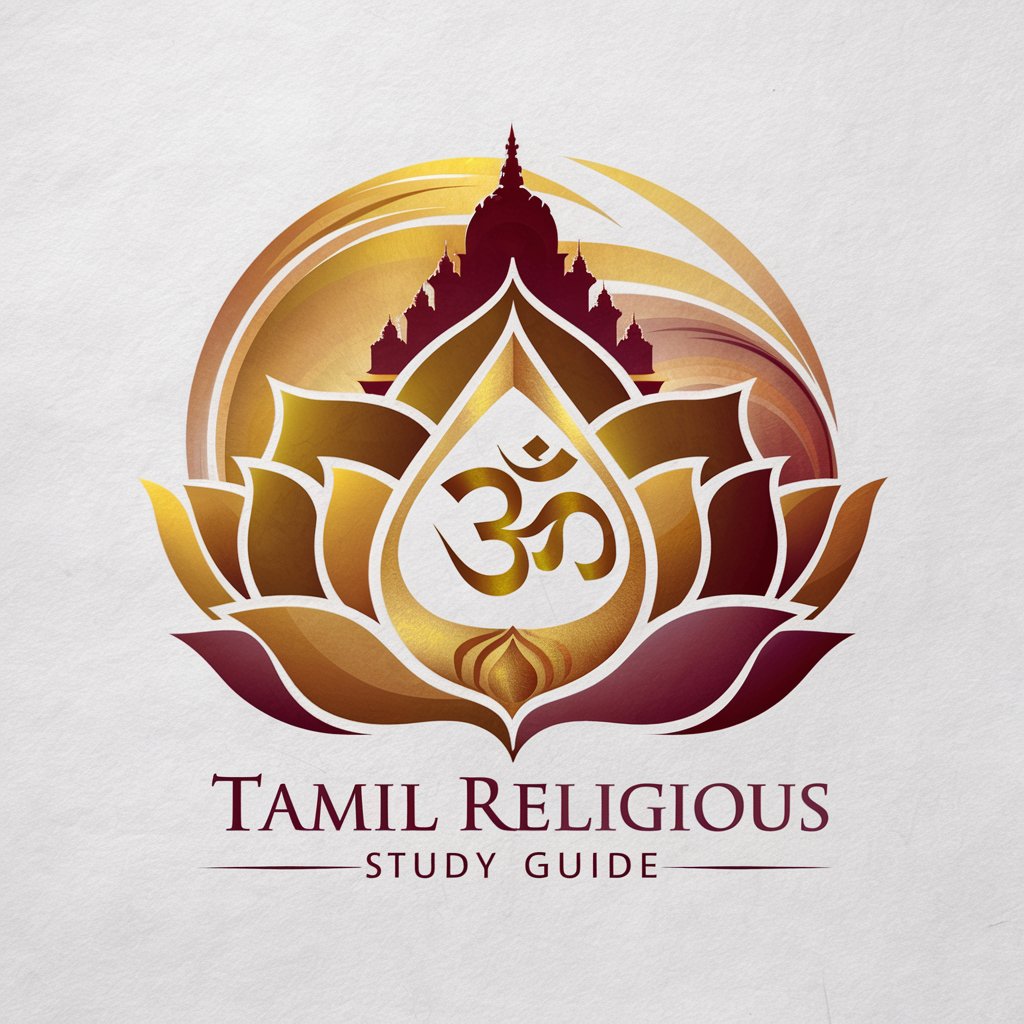
Key Attributes of Religious Learning AI
AI GPTs for Religious Learning stand out with their adaptability across a range of functions, from simple Q&A sessions to complex discourse analysis. Unique features include language learning capabilities for ancient scriptures, technical support for religious content management, web searching for scholarly articles, image creation for religious education, and data analysis for understanding religious trends. These tools are designed to assist in the comprehensive study and dissemination of religious knowledge, tailored to user-specific needs.
Who Benefits from Religious Learning AIs?
The primary users of AI GPTs for Religious Learning include religious scholars, educators, students, and enthusiasts. These tools are accessible to novices without coding skills, offering straightforward interfaces for engaging with religious content. Simultaneously, developers and technologically adept professionals in the religious studies field can leverage these AI tools for deeper customization and integration into specialized projects or research.
Try Our other AI GPTs tools for Free
Sketch Enhancement
Discover how AI GPTs for Sketch Enhancement can transform your sketches from basic outlines to detailed artworks, effortlessly bridging the gap between concept and creation.
Photorealistic Transformation
Discover AI GPTs for Photorealistic Transformation: cutting-edge tools designed to create and modify images with unparalleled realism, accessible to creators at all levels.
Self-Help Guides
Discover how AI GPTs are transforming self-help, offering personalized, interactive guidance for your personal development journey.
Conversational English
Unlock the power of conversational AI with our GPT tools designed for English learning and engagement. Enhance your language skills, interact seamlessly, and explore innovative applications.
Ransomware Simulation
Discover how AI GPTs for Ransomware Simulation can enhance your cybersecurity defenses with realistic, adaptable simulations designed for various learning and testing needs.
Cyberattack Preparedness
Discover how AI GPTs for Cyberattack Preparedness utilize advanced algorithms to enhance cybersecurity, offering adaptable and customized solutions for organizations and individuals alike.
Expanding Horizons with AI in Religious Studies
AI GPTs for Religious Learning not only simplify access to religious texts and education but also open new avenues for scholarly research and inter-religious dialogue. Their user-friendly interfaces and customization options make them invaluable tools for integrating technology with traditional religious studies, offering novel insights and fostering a deeper understanding of the world's diverse religious landscapes.
Frequently Asked Questions
What exactly are AI GPTs for Religious Learning?
AI GPTs for Religious Learning are specialized versions of AI models designed to support and enhance the study and teaching of religious topics. They provide digital assistance by answering questions, offering interpretations, and facilitating a deeper understanding of religious texts and practices.
How can these AI tools enhance religious studies?
These AI tools can enhance religious studies by providing personalized learning experiences, supporting language translation of ancient texts, and offering insights into complex theological concepts, thus making religious education more accessible and comprehensive.
Can AI GPTs for Religious Learning interpret religious texts?
Yes, these AI models can interpret religious texts by providing context, historical background, and theological insights, although their interpretations should be viewed as supplementary to traditional scholarly analysis.
Are these AI tools suitable for all religions?
AI GPTs for Religious Learning are designed to be adaptable and can be customized to support learning and research across a wide range of religions, depending on the availability of data and content in their training materials.
Can non-technical users easily use these AI GPTs?
Yes, these tools are designed with user-friendly interfaces that allow non-technical users to easily navigate and utilize them for religious learning and exploration.
How do developers customize these AI tools for specific religious contexts?
Developers can customize these AI tools by training them on specific religious texts and materials, adjusting parameters to focus on certain types of queries, and integrating them with existing religious study platforms or databases.
What are the limitations of AI GPTs in religious studies?
Limitations include potential biases in the AI models, the need for careful interpretation of AI-generated responses, and the importance of supplementing AI insights with traditional scholarly research to ensure accuracy and depth of understanding.
Can these AI models facilitate inter-religious dialogue?
Yes, by providing unbiased and comprehensive insights into various religious beliefs and practices, these AI models can facilitate inter-religious dialogue and understanding, promoting a more inclusive approach to religious studies.